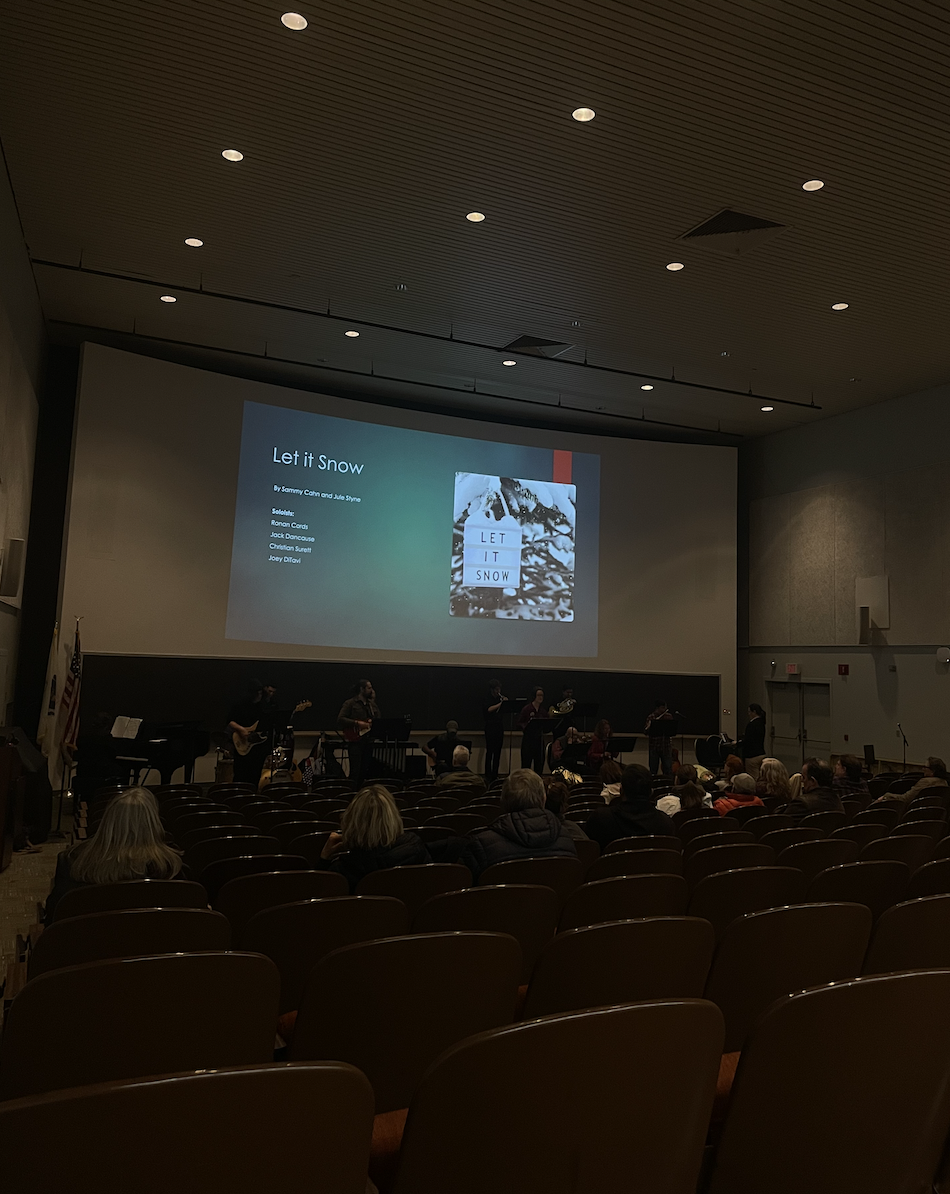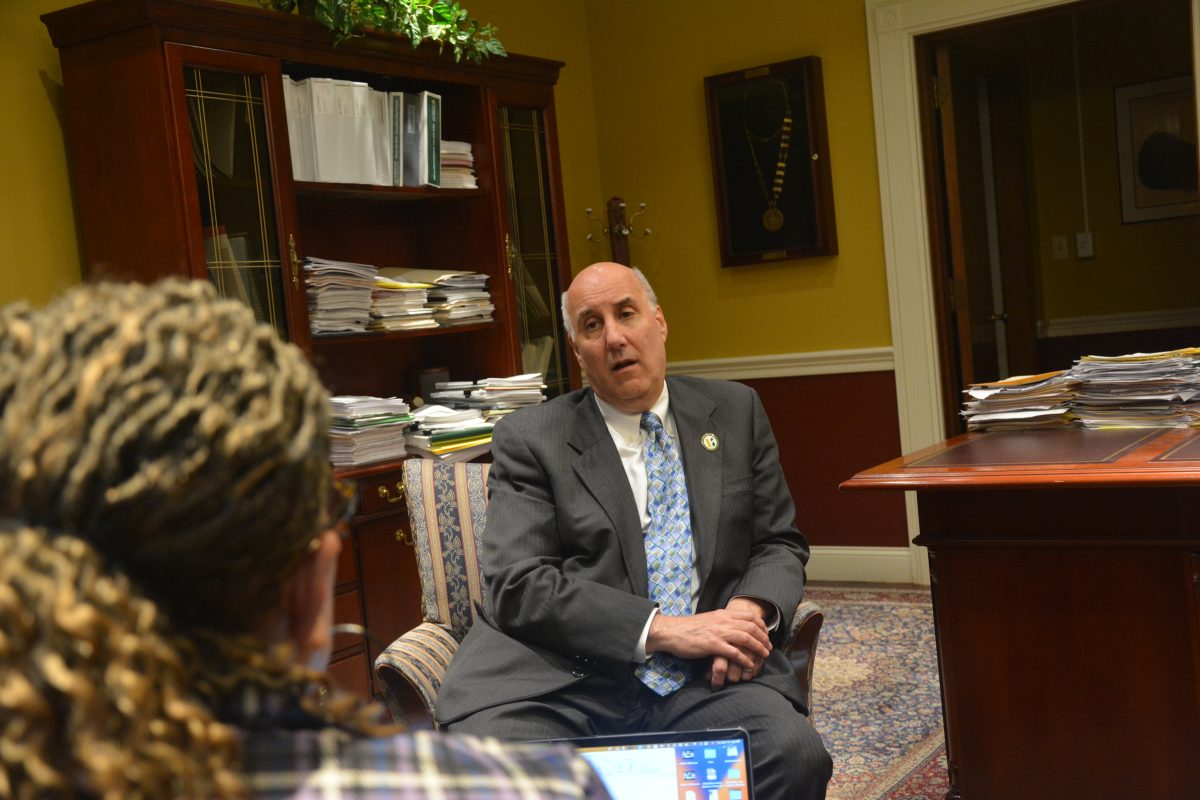
By Kristin Schneider, Charlotte Schofield, & Makenzie MacDonald
With possible changes nationwide of the Title IX civil rights law being implemented by the Department of Education, Fitchburg State University has undertaken the effort to bring awareness of this topic to the campus. The Title IX federal law states, “No person in the United States shall, on the basis of sex, be excluded from participation in, be denied the benefits of, or be subjected to discrimination under any education program or activity receiving Federal financial assistance.”
Student groups like Fitchburg Anti-Violence Education (FAVE), sexual assault prevention courses such as SPARC and active members of the administration are all tools provided today at Fitchburg State in order to build a system of support.
FAVE is a campus-wide organization to “prevent interpersonal and relationship violence, and sexual assault, at Fitchburg State and to support those affected by violence,” stated on the University’s website. FAVE was organized in 2010 after a grant was given to Fitchburg State by the U.S. Department of Justice Office on Violence Against Women.
Robert Hynes and Amanda Sapienza both co-coordinate the organization, “There are essentially three components to FAVE: 1 ) Education (promotion of an understanding of issues surrounding sexual violence, being a prosocial bystander, finding ways to contribute to making our community safer), 2 ) Awareness Initiatives, 3 ) Support for survivors of interpersonal violence (including connecting survivors with appropriate resources both on- and off-campus),” stated Hynes and Sapienza.
FAVE was established to protect the students of the University, as well as encourage students to speak out against relationship violence, and sexual assault in hopes to better the community of the University, making a safer campus and stronger voice for those affected. “As an example, the Sexual Assault Prevention and Response Course (SPARC) which debuted last summer (and was required for all incoming students) has a “chapter” that discusses reporting incidents,” continued Hynes and Sapienza.
“As part of the education and awareness initiatives above, programs that take place to provide various resources to individuals regarding reporting resources. Certainly, part of the “support” provided for survivors will make those survivors aware of reporting resources available to them, as well,” stated Hynes and Sapienza.
With more conversations regarding Title IX changes happening on campus by students, Fitchburg State has begun to add members of the administration, like Laura Bayless, who are also passionate to see positive change.
Kristin Murphy, the Title IX Director here at Fitchburg State University, says that while the majority of the Title IX policies on campus would not change with the proposed revision, “Our policy is so thorough and has been so thoroughly vetted over the years that in 99 percent of the cases it will really mean no change for us.”
However, within the proposal, there is a largely debated change. The largest change within the proposed Title IX rules is a component for an expectation of live hearings so that an accuser would have to face an accused in real time. Along with this is a provision for direct cross-examinations, so not only would both parties have to face one another, there would be an opportunity for direct questioning. This change has come to play as there has been a concern in the past that those accused do not get the same resources that accusers do throughout the process.
These live hearings, however, are not something many institutions have done in the past, because as Murphy says, “…it can be retraumatizing.” This topic, in particular, has been where those within the Title IX community have spoken up about possible alternative approaches to handling the situation.
Here on the Fitchburg State campus, that kind of situation is handled through an investigator. According to Murphy, both parties are allowed to submit questions, that the investigator will ask, rather than having the two sit in a room together, going back and forth, “…so there is still communication, it just happens in a really different kind of less intrusive way.”
With changes from the U.S. Department of Education regarding the Title IX statutes slowly being sifted through, Fitchburg State University and it’s residents have taken the matter into their own hands. With these resources educating more people, Fitchburg State has built a system of support for victims of sexual assault, bringing awareness to more students and striving towards making the campus a safer place.






